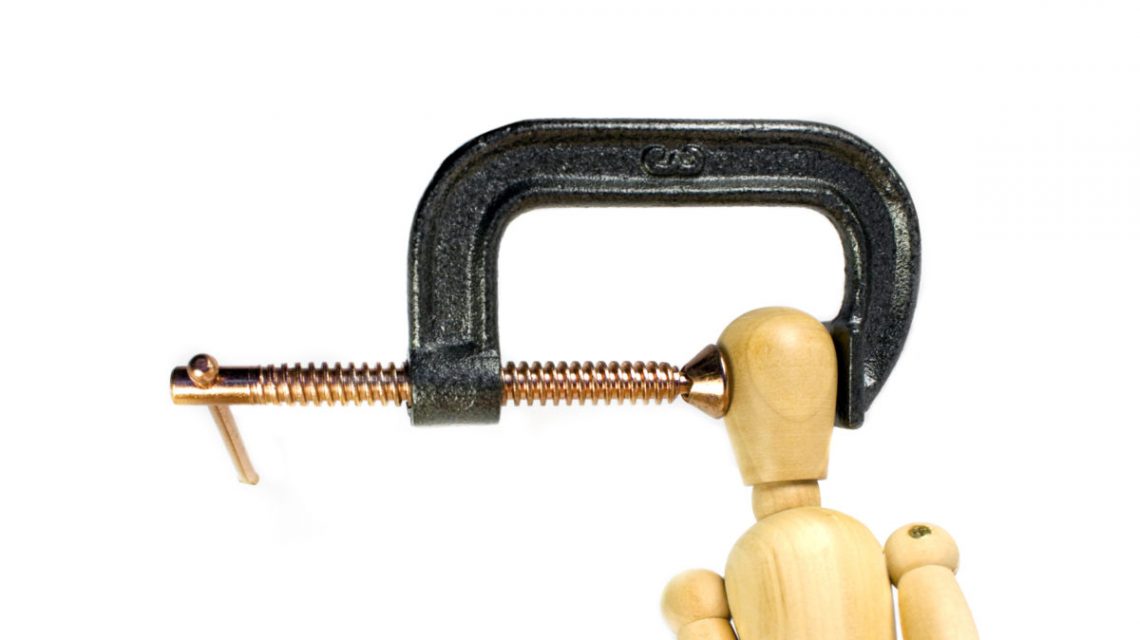Temporomandibular disorder (TMD) is the name given to a group of signs and symptoms related to TMJ (Temporomandibular Joint), or jaw issues. Many people suffer from TMD and if left untreated, can lead to many debilitating challenges, including pain, dizziness, and migraines. Very often, the majority of patients are either misdiagnosed or dismissed as having no physiological cause. Many times, patients are told that their problem is “in your head”, and given prescriptions for pain rather than thorough testing to provide a solution. Yet very often, the problem IS in fact in your head, more specifically in your mouth, and with testing and full assessment, can be diagnosed and treated.
So here is what’s really important to know that, likely, nobody told you before. The dental school prepares us for dealing with teeth. But muscles and joints get very little attention and training. So what often happens is that most dentists don’t know what they don’t know and ignore the multitude of issues that can arise from the rest of the face. But dental and overall health is affected by not only teeth, from the dental perspective. We need to understand how the muscles and the joint (TMJ) play a considerable role in your well-being, and how to look for specific signs when you are not at your optimal self. This type of dentistry is known as Neuromuscular Dentistry.
Neuromuscular dentistry allows us added insight when it comes to chronic pain patients, complex jaw and bite issues, and complex cases. We often refer to a “bad bite” when talking about these types of cases, and this can include the following:
- Worn teeth
- Grinding especially if you have noticed that your front teeth are looking shorter or more worn
- Deeper than normal overbite
- Retruded chin
- The short lower third of the face (often referred to as an over-closed bite or jaw) – is commonly seen in patients who lost all their teeth
- Receding gums
- Notches at the gumline (known as abfractions)
- Recurring shoulder, neck, or face pain
- Ringing in ears
- Numbness in fingers
- Chronic or frequent headaches
Why is temporomandibular disorder important to understand? Because if you suffer from any of these and have tried to find solutions but were given limited options for treatment, finding a neuromuscular dentist can help you find your answers. Using an understanding of muscles and joints along with modern technology, we can now diagnose and effectively treat many of the conditions that were ignored before. To find out more, contact us to schedule a consultation.

